Jag vill varmt tipsa dig om att söka Lasse O´ Månssons naturastipendium som jag själv tilldelats 2015. Stipendiet ger sommarboende i Drängstugan vid Sala Silvergruva till tre kreativa filuer årligen. Söker du skrivarro väntar den bedårande lilla Drängstugan på dig!
Här kan du läsa mer:
http://www.sala.se/Kultur-fritid/Bidrag–stipendier/Daddy-Os-naturastipendium/
Kort om Lasse O’Månsson & stipendiet:
Den Salabördige Lasse O´ Månsson eller Daddy O´ som han också kallade sig (påstod sig vara född i Dublin, därav det irländska prefixet) var under flera decennier nationellt uppmärksammad som författare, översättare, radioproducent, en del av ”Skäggen” som var 60-talstelivisionens första komikergrupp samt skribent på Orkesterjournalen och redaktör på Svenska Mad. En underfundig figur som gilllade att pressa gränser och som kallats Sveriges roligaste man.
Stipendiet avser fritt sommarboende för skapande personer i Drängstugan vid Sala Silvergruva. Stipendiet delas ut till författare, översättare, tecknare, komiker, stå-uppkomiker, musikjournalist, radio- eller tv förnyare. Under perioden juni-augusti ges tre stipendiater möjligheten att bo en månad vardera invid Sala Silvergruvan.

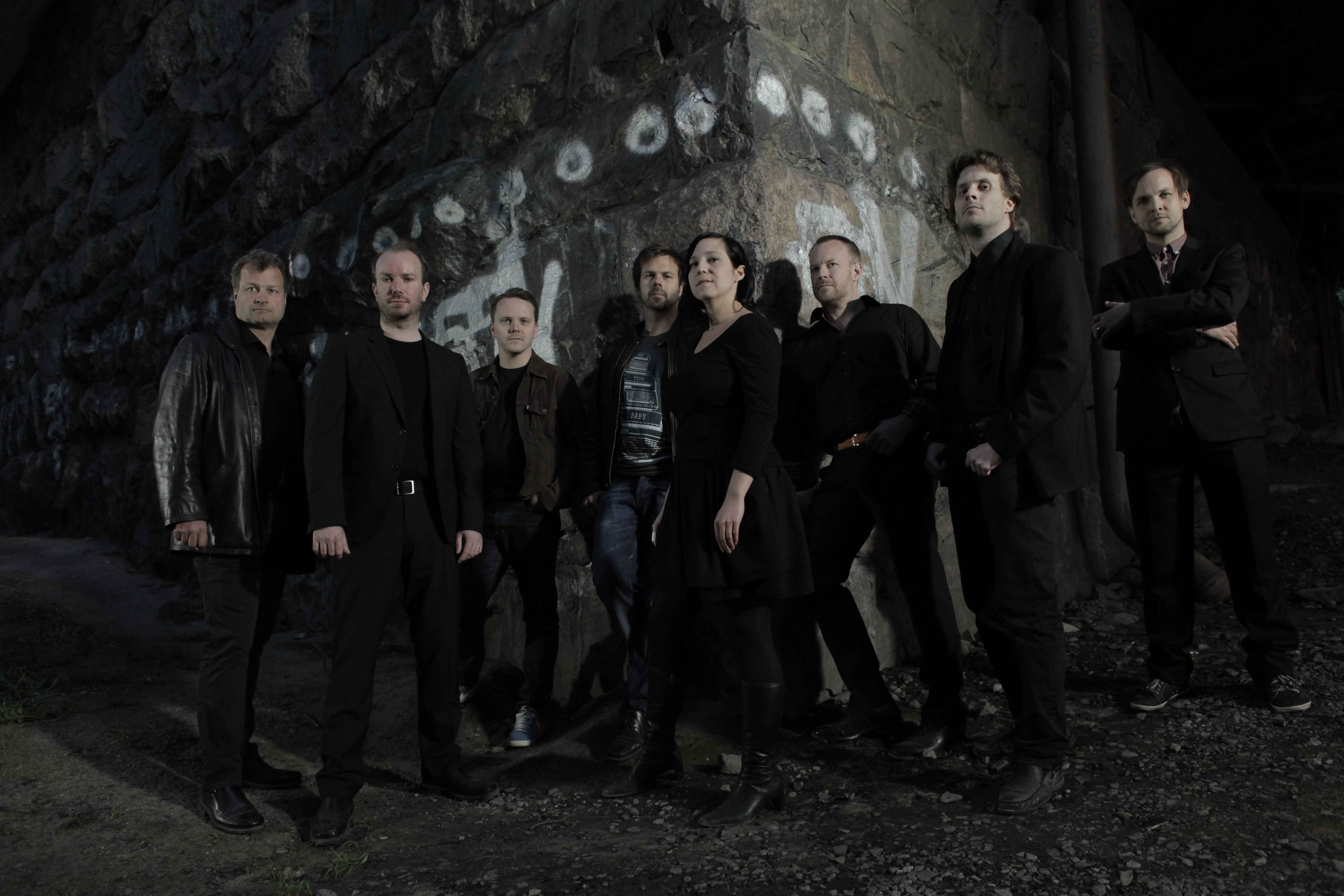
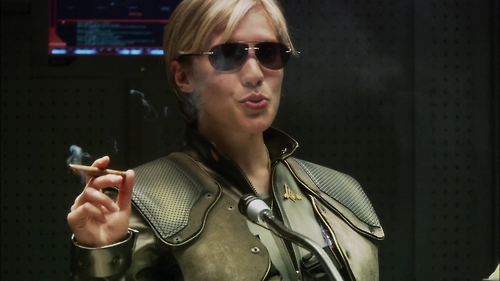


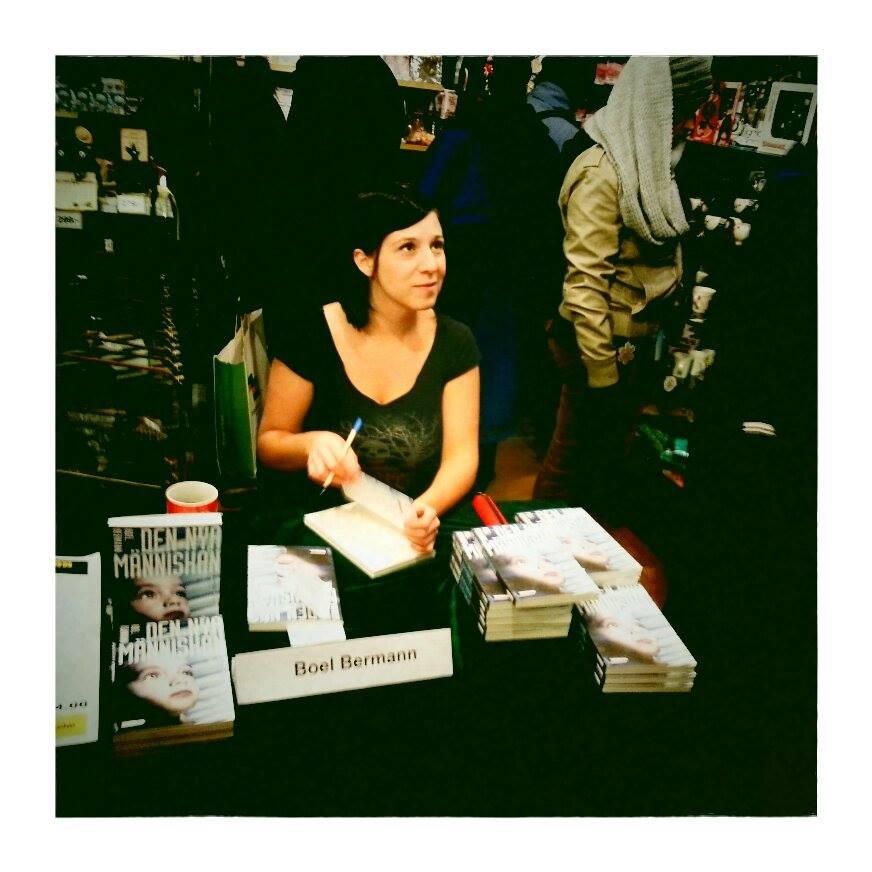

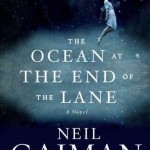
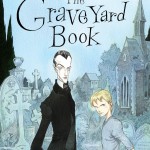
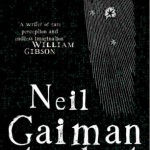
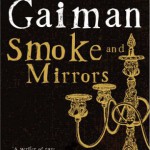
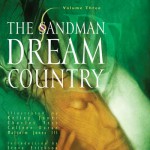
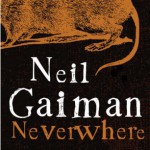
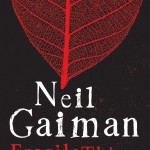
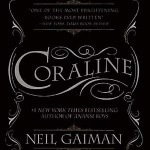
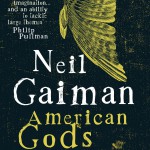


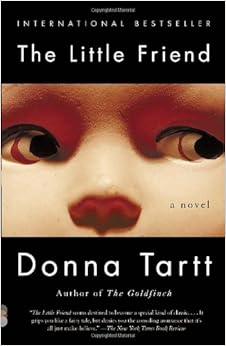
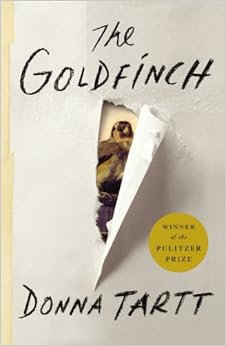

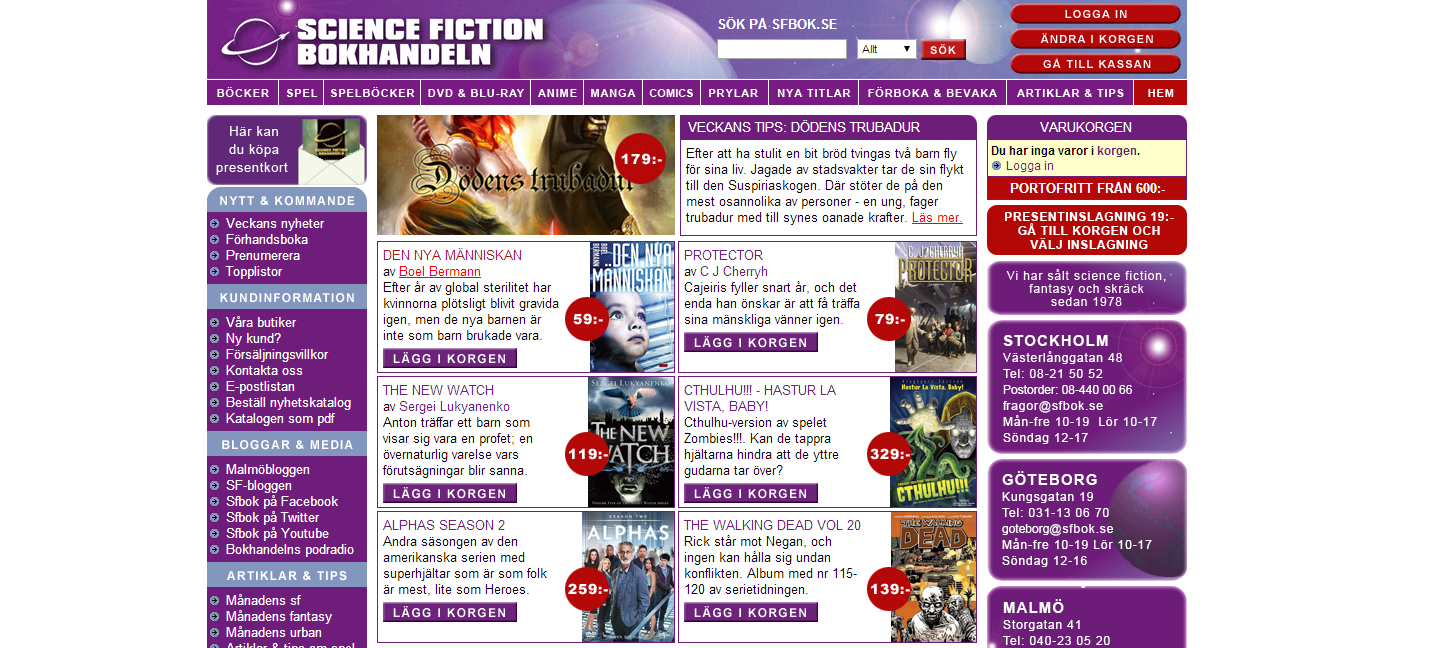
Kommentarer